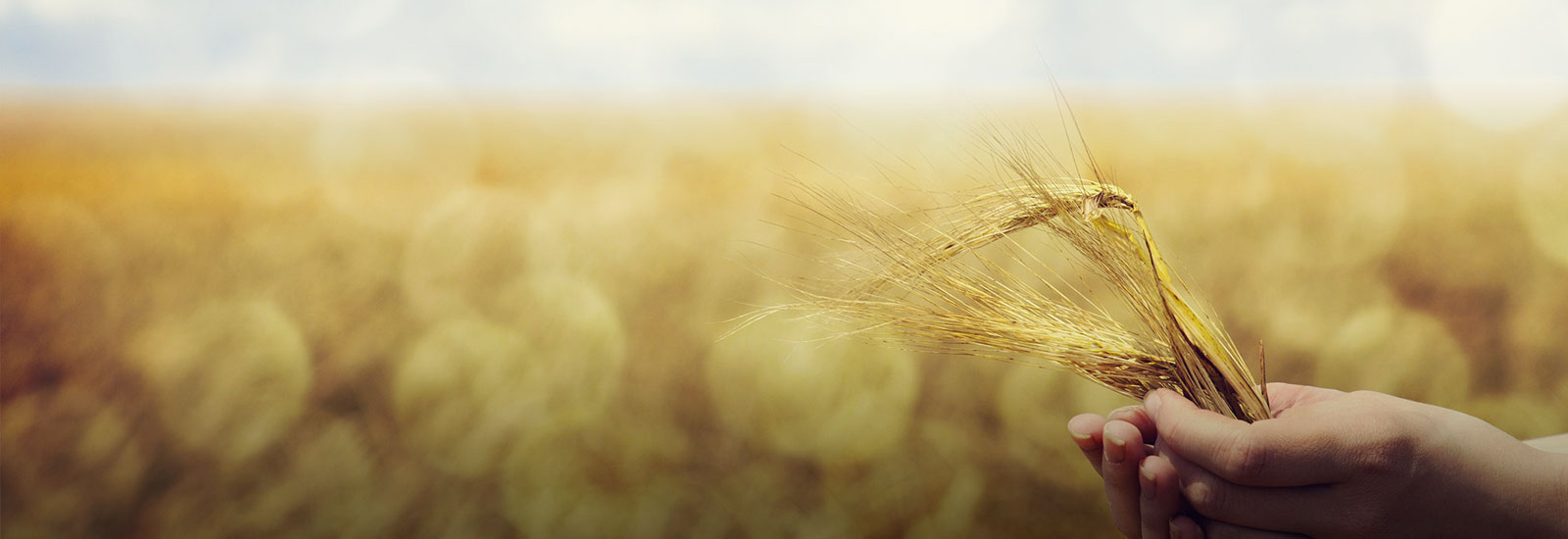
Catalina has worked as a consultant for small food startups in Chile to improve their production processes and reduce the loss of raw materials, advise on food labeling, and am a university professor. In addition, she worked as a mentor and facilitator, guiding the work of multicultural teams in creating proposals to improve food systems.
Tell us a bit about your career. What do you love about your job and how did you get here?
I am a nutritionist with an MSc in Agricultural and Environmental Economics. When I chose my profession, I promised myself that I would collaborate in the search for solutions to improve access to food and people’s quality of life through nutrition. Fortunately, my career has been dynamic, and that is what I love the most – the constant ability to go beyond what is traditional or expected for a profession like mine, to mix social components with innovation, broaden the horizon, and look for answers in other fields. My profession has given me the ability to work in multi-spectral spaces where your ability to respond, adapt and be open to learning is what matters. That is why I have never limited my work only to what is traditional.
What advice would you share with young people who hope to contribute to sustainable food systems and farming?
Don’t limit yourself! Explore, diversify, and reinvent yourself as many times as necessary. Our planet needs resilient people who will not stop until they find one of the eventual solutions to the problems our planet is facing today in terms of climate change and weak food systems.
How does agriculture need to change to be more sustainable?
Agriculture needs alternatives: we cannot continue producing as we have been doing. This should be the first push toward
How can science and innovation help promote sustainability in food and agriculture?
We must not forget science and its ability to theoretically underpin innovative technological ideas that propose more sustainable models of agriculture and food. Without science, innovation would be a story without context. But to understand the role of one with the other, we must stop seeing the two areas separately and look for the result as a whole. A clear example of science and innovation working together is what we see in seed banks and cultured meat labs, among others.
In what ways are you leveraging innovation to promote strong food systems? Can you provide specific examples of innovation/technologies that support your work in tangible ways?

In terms of nutrition, I have supported local government initiatives to improve food access to the elderly and their quality of life with cooking programs and nutritional workshops, among others.
How do you see next-generation agricultural technologies contributing to biodiversity/climate change/food loss & waste?
I see the next generation as promising, active, aware of these problems, and part of the solution. This new generation doesn’t refer to a distant future but to a group of people who already want to make changes that will be seen in the short term.
Catarina is just one of many inspirational young people working in agriculture. Visit our NextGen #FoodHeroes page to hear from other next-gen innovators working to improve plant science and nutrition.

